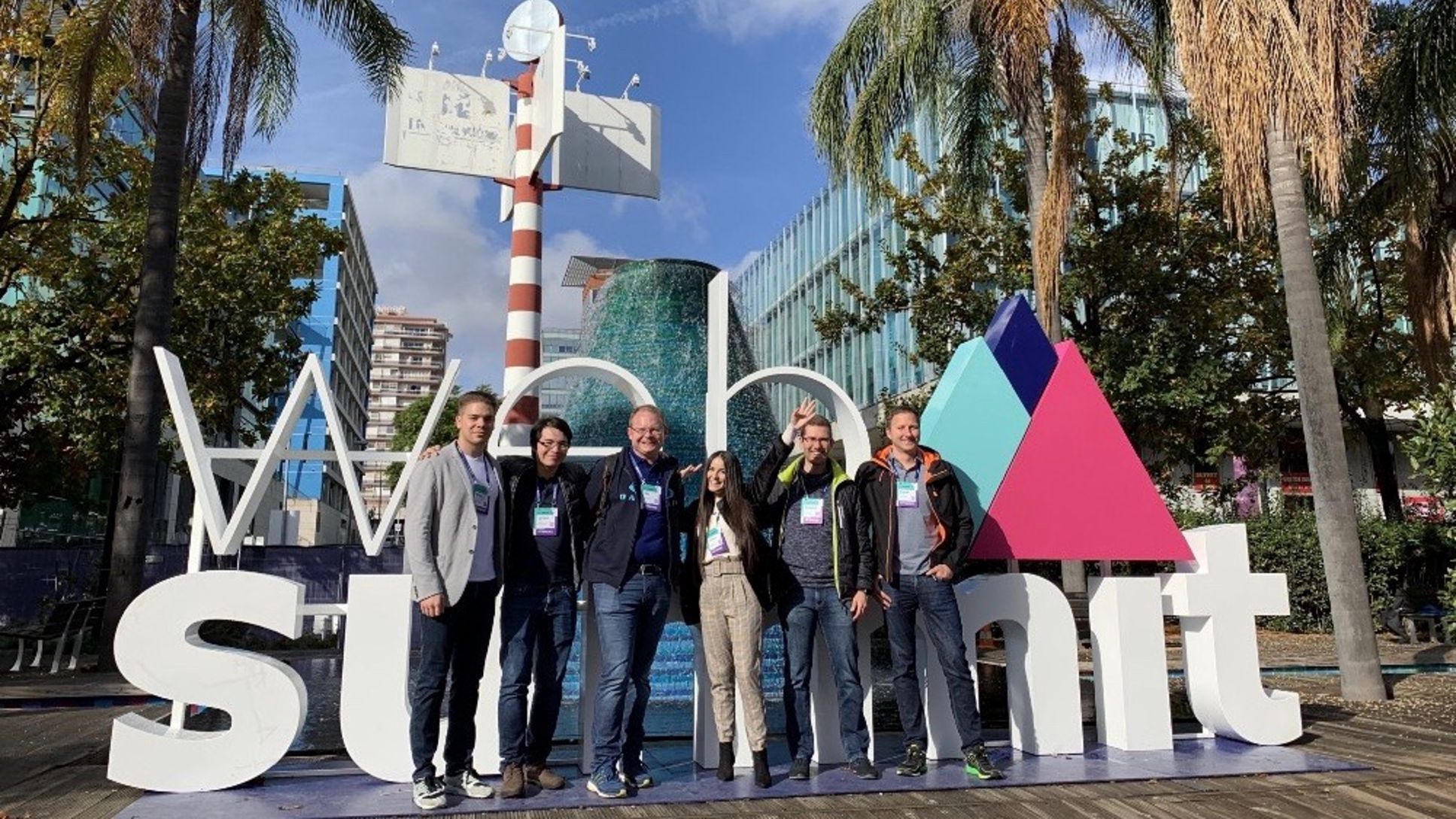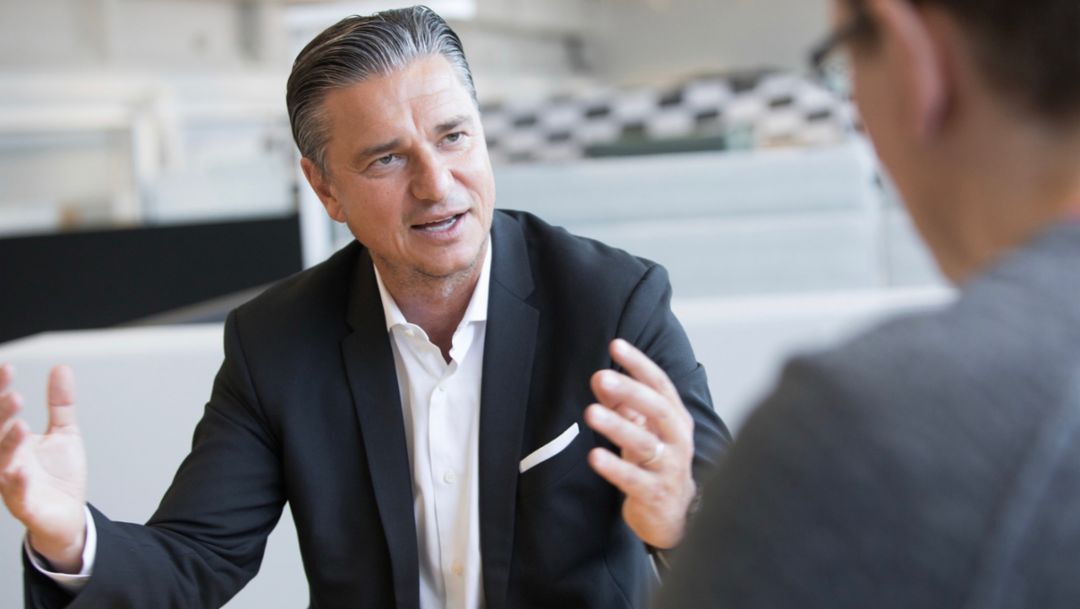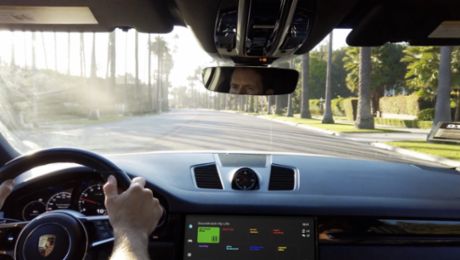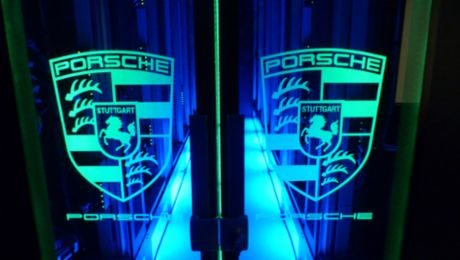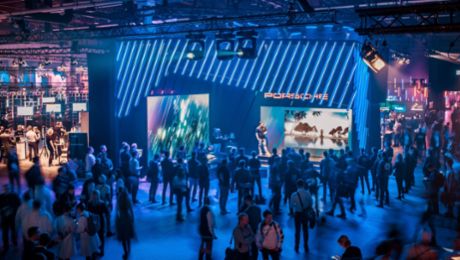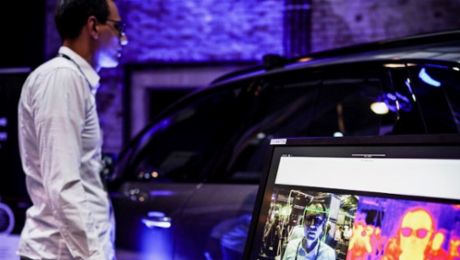Can you think of a single event with over 70,000 attendees from 170 countries, 1,200 international speakers from leading global companies, 1,800 startup companies searching for investors, and 25 different conferences? Me neither!
To make this crazy experience, I just had to head to the largest tech conference in Europe, the Web Summit 2018, which took place in Lisbon from 5 to 8 November.
From Blockchain to AI and Shared Mobility
The range of topics was very broad: From blockchain and cryptocurrencies to artificial intelligence and machine learning, from virtual reality to autonomous vehicles and shared mobility. The conference hosted the inventor of the World Wide Web, Tim Berners-Lee, but also top managers from global tech companies, such as Apple, Google, and Netflix. Even famous politicians, such as EU Commissioner Margrethe Vestager and the United Nations Secretary General António Guterres, were amongst the speakers. Impressed by that many inspiring talks and great conversations at the Web Summit, I would like to pick out some highlights.
One significant highlight, of course, was to support our colleague Christian Knörle (Porsche AG) during his interview, together with Vitaly Ponomarev (Wayray), at the Automotive / Tech panel session. Bloomberg’s Nick Fraher asked him how an OEM with a legacy like Porsche copes with new challengers in the market. The answer could not have been any clearer: “Tradition is about persevering the fire, not the ashes. It is the pioneering spirit and unparalleled experience in sports cars, which we translate into the future. But we cannot do it alone — no one in the industry can. This is why Porsche teams up with the best startups in the world and invests in outstanding future technologies”.
Mind blowing — and a bit scary
My personal highlight at the Web Summit was to see how much and how rapidly technology changed in recent years. So many crazy ideas were presented at the conference. Astonishingly, everything looked like it could become real. For instance, electric aircrafts, such as the Volocopter and the Lilium aircraft, which simply bypass traffic jams. Another example are robots with artificial intelligence, such as “Furhat” from Furhat Robotics and “Sophia” from Hanson Robotics, which become more and more human. Such AI-powered robots can express an increasing number of emotions and can even sense the emotions of another person. It truly is mind blowing — and a bit scary.

To complete my list of highlights, I also must mention the incredible power of quantum computing. Volkswagen’s Dr. Martin Hofmann, together with D-Wave, showed how quantum computing can be used to optimize traffic routes in cities.
“How can we ensure that all these technologies are used only for the good of all and that each person’s rights are accepted in a digital ecosystem?" Tiziana Vicino
From Nils Kreft’s (Porsche AG) point of view, one of the most interesting topics at this year’s Web Summit was the discussion about digital human rights, of which we should not lose sight. From our present point of view, we already have human rights and many countries accept them. However, with new technologies like cloud, artificial intelligence as well as autonomous systems, we not only gain lots of advantages, threats might arise as well. How can we ensure that all these technologies are used only for the good of all and that each person’s rights are accepted in a digital ecosystem? Should everyone have the right to access the Internet to educate themselves and have the same opportunities? What impact has this topic on our daily work at Porsche? Nils Kreft believes that we, who deliver software and services, should ask ourselves how we can contribute to a safer world, more just and more humane.
“The conference was not only about listening to talks from leading global companies but furthermore to connect with startups and talk about the new technical possibilities of today and tomorrow”, highlighted Philip Käfer (Porsche AG). He was impressed by the mindsets, techniques and methods that lead to more success in IT projects — without filters from the minds behind the buzzwords.
Creating the future of sport cars is a team effort
Benjamin Barth (Porsche AG) enjoyed the discussion called “How to become a UX-pert”, which was all about improving the user experience of IT systems. The speakers gave interesting examples and emphasized the importance of authentic user tests, closely watched by an agile team. He is planning to apply some of the ideas in Porsche’s next IT projects.
Finally, I want to underline that creating the future of sports cars is a team effort. Moreover, being agile is not about only software development, it is about teaming up fast and collaborating. It was incredible how quickly all colleagues from different Porsche departments got together and organized themselves — on the Web and Night Summit as you can see in picture.
Info
Tiziana Vicino is IT Project Lead Connected Car at Porsche AG.
